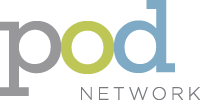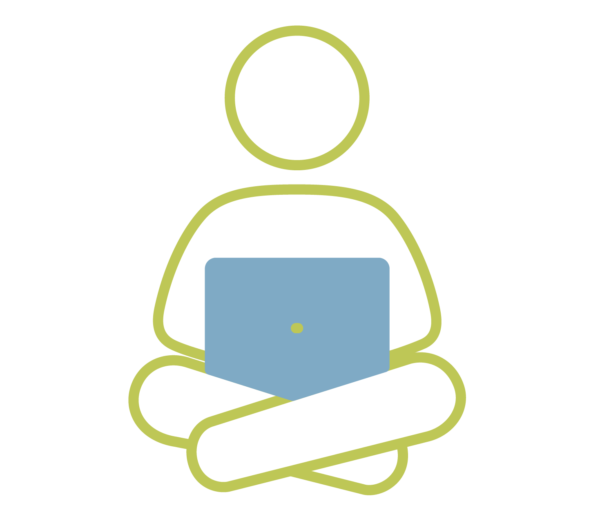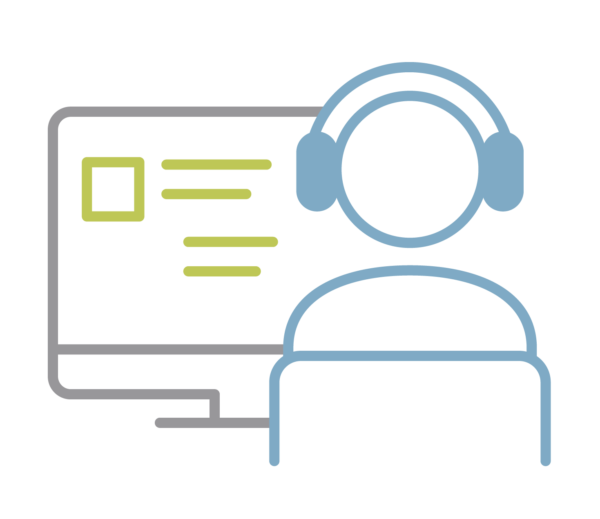Progress on Diversity, Equity, and Inclusion Initiatives
In February of this year, the POD Network’s Executive and Core Committees acknowledged the structural, systemic, and interpersonal racism that persists within the POD Network. At that time we knew necessary changes would not happen overnight, nor without errors and missteps along the way. But we believe that we can create an organization in which our espoused ideals—particularly our organizational commitment to equity—more closely match the lived reality of all our members. Since February, the POD Network has undertaken the following actions to support diversity, equity, and inclusion (DEI).







